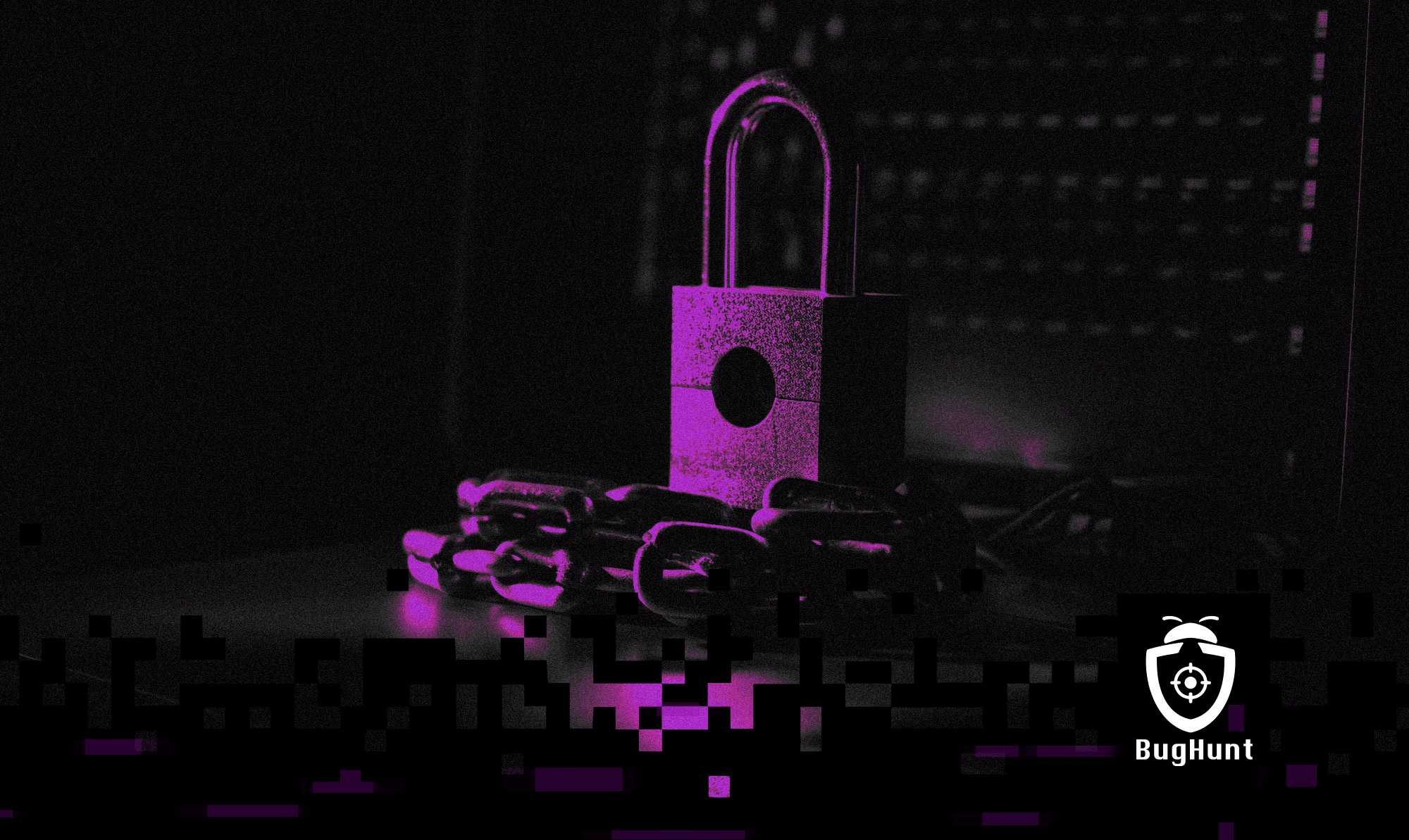What is Endpoint Security and Why Use It?

We are all constantly connected to a network, or several, through our smartphones, tablets, or computers. As a result, endpoint security is subject to the settings and security measures of these networks.
With the corporate world becoming increasingly digitized and the rise of remote work, endpoint security is a fundamental concern to ensure that innovative and comfortable work arrangements don’t turn into a cybersecurity nightmare for companies.
Therefore, it is important to understand how these connections can expose companies to risks such as data breaches, industrial espionage, and unauthorized access by cybercriminals through these devices.
In this article, we will explore what endpoint security is and why it is crucial for cybersecurity. Happy reading!
First of all, what are endpoints? Endpoints are devices that serve as entry and exit points for information on a network or system. In simple terms, they are the endpoints of a network. This means that endpoints can be computers, laptops, smartphones, tablets, or any other device connected to a company's or organization's servers.
What is endpoint security? Endpoint security involves the use of tools and practices to ensure the protection of endpoints. These tools can include antivirus software, firewalls, and other threat detection programs.
Practices involve monitoring unusual activities or behaviors by users, where the system—or those responsible for it—responds with preventive measures such as identity verification requests or complete lockdown during suspicious access. In companies, these security measures can be encouraged through awareness programs and best practices for using work-provided devices.
Some examples of good endpoint management in companies include:
- Not sharing access passwords;
- Ensuring proper logoff at the end of work;
- Avoiding the use of the network or devices for personal purposes, such as social media, online banking, and other services.
Endpoints and APIs Endpoints can also be the points where two or more communication channels meet, such as when an API allows a device to access its database to validate the connection.
When an app requests permission to access your phone’s camera, it means an API wants to access the protocols that allow the camera to function. At this moment, the app and your phone's camera are endpoints, while the API is mediating this connection.
At this point, endpoint security is extremely important because if a device is compromised with malicious code or under the control of a cybercriminal, it can access the API's database through the legitimate device access.
This can be disastrous for companies handling sensitive client data, such as banks and fintechs, exposing the organization's and clients' confidential information, potentially leading to fraud and financial diversion.
Why is endpoint security important? The importance of endpoint security lies in the vulnerability of these devices, as we are connected daily to different networks with varying configurations.
When working from home, a mall, or even public parks, we connect to local Wi-Fi. Each of these places has its own security settings and protocols—or lack thereof. A single vulnerability can expose all endpoints connected to it, acting as an entry point for criminal activity.
Thus, ensuring endpoint security is essential, as we cannot be certain of the configurations assigned to the various systems we connect to daily.
Ultimately, endpoint security acts as another shield against cybercriminals, fostering a culture of security through prevention—a key term in cybersecurity—avoiding major headaches for managers.
What are the benefits of endpoint security for companies? With good endpoint security tools and protocols, it is possible to keep your systems secure and reap other benefits of protection, such as:
Protected Devices As mentioned earlier, endpoints are devices connected to a network or system. Since it is very difficult to ensure the integrity of each device separately, an endpoint security service integrated with the central system or server proves to be much more practical and efficient, allowing IT professionals to operate remotely, reinforcing defenses, and monitoring potentially dangerous activities.
Some of these activities might include the installation of unauthorized programs, opening suspicious links, or improper sharing of internal information.
With endpoint security, IT professionals can maintain devices in good condition, isolate backdoors, prevent industrial espionage, malware contamination, or other malicious code, and ensure the security of internal information and intellectual property.
Time to Invest in Other Activities Since endpoint security allows IT professionals to oversee all endpoints simultaneously, the time spent on maintenance and security inspections is drastically reduced, enabling the development and implementation of other security strategies that further reinforce the integrity of company information and its employees.
Quick and Efficient Response Time Newly detected vulnerabilities can be addressed more quickly and efficiently, as information security professionals will have greater visibility of all endpoints. This prevents larger issues such as information theft, disruption of daily business operations, and more.
Cost Savings With a comprehensive endpoint security system, protecting these devices becomes much cheaper and more efficient than acquiring separate security products for each device.
Compliance with LGPD (General Data Protection Law) Endpoint security also helps companies comply with LGPD regulations, ensuring network and internal information security, and protecting personal data of employees and clients.
It is an efficient and cost-effective way to maintain the integrity of companies and organizations, keeping devices updated and under constant surveillance.
If you enjoyed this content, stay here and read more articles on the BugHunt blog. Cybersecurity is becoming increasingly important in the market, and understanding threats and ways to protect yourself is essential.

